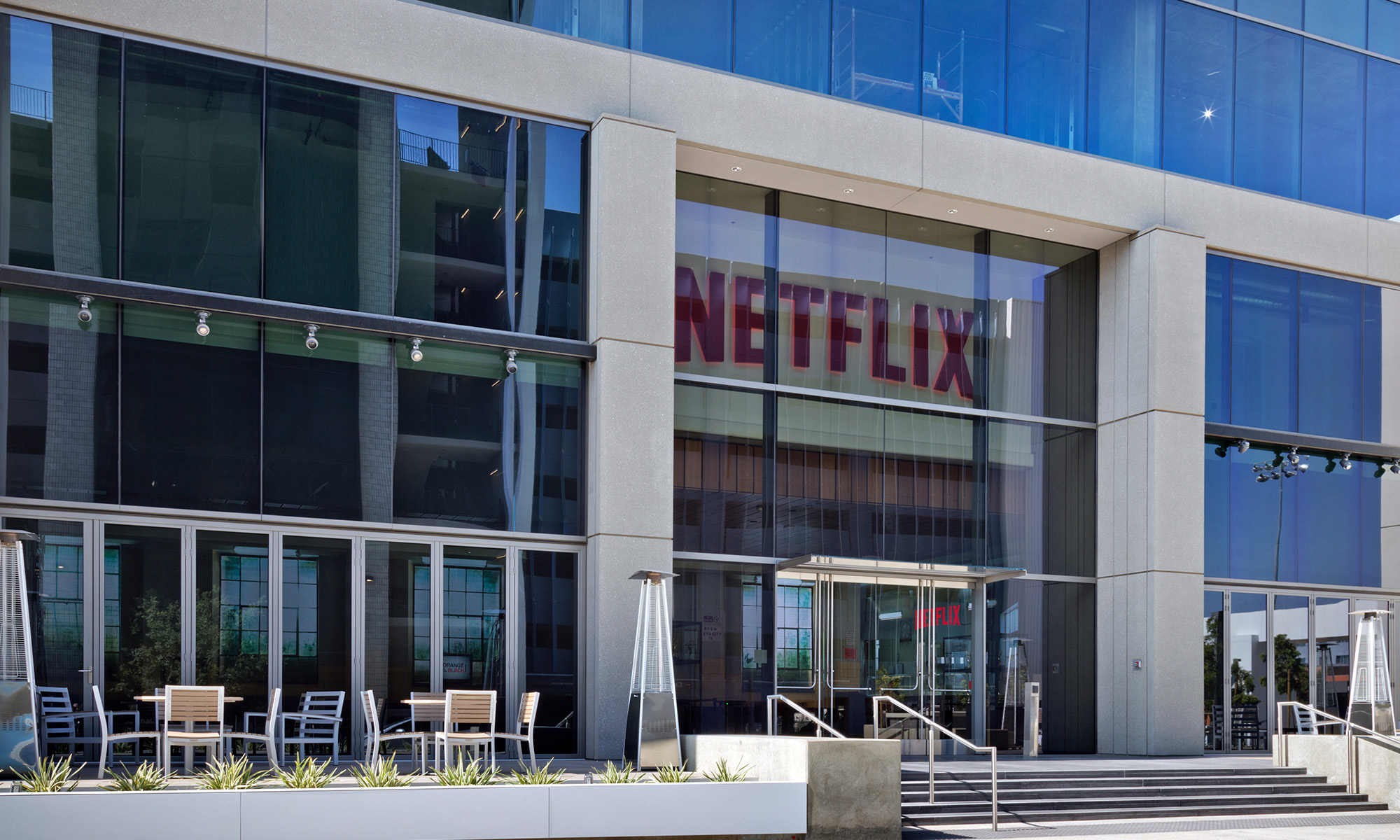
HBO parent Time Warner (TWX +0.00%) posted well-received quarterly results after Wednesday's market close, but one nugget that left some observers concerned was that HBO Now -- the premium video service that Time Warner rolled out as a stand-alone offering last April -- only had 800,000 subscribers by the end of December. Analysts were holding out for at least a million.
Time Warner stood firm by its belief that HBO Now is off to a strong start. When one analyst tried to offer up an explanation for there only being 800,000 accounts, CEO Richard Plepler wouldn't have any of it.
"I wouldn't say only 800,000 HBO Now subs," he answered. "We're just getting started."
Most companies would love 800,000 premium subscribers in just nine months, but math can be cruel. Netflix (NFLX 1.43%) has grown its global subscriber base by 12.49 million in those three quarters. In other words, Netflix is dramatically widening the gap.
HBO Now is off to a slow start. There's no way to mention 800,000 without slapping the qualifying "only" before that. I'm sorry, Plelper. It's true. Let's go over a few of the reasons why Netflix is thriving now that the company that it has often described as its biggest rival is suiting up on its playing field.
1. HBO Now is too expensive
As solid as Time Warner's lineup at HBO may be, $14.99 a month is a stiff price in light of the competition. That is at least 33% more than what Netflix subscribers are paying. The disparity is even greater when pitted against Amazon.com's (AMZN +1.75%) Prime Video. Amazon charges $99 a year for Prime, a service that includes two-day shipping of Amazon-stocked goods as well as other digital goodies including music, e-books, and online storage. A year of HBO Now would set you back nearly $180.
Price matters. Folks cutting the cord -- the market that HBO Now is trying to reach since anyone with a traditional HBO account can use the similar HBO Go at no additional cost -- aren't doing it because they hate cable. They're cutting the cord because it's too expensive. If money matters why would they sign up for a service that is far more expensive than the competition?
It's hard to blame Time Warner for the pricing. It's trying to protect the equally ridiculous rate it charges for HBO as a premium movie channel on top of your cable or satellite television plan. It can't go lower without triggering a mass migration out of its traditional offering.
2. Broadband providers don't want it to succeed
The analyst questioning Plepler about "only" 800,000 users -- BTIG's Brandon Ross -- suggested that Time Warner may have been too ambitious just before the launch when it felt that Internet service providers would be actively marketing HBO Now to their broadband users.
Plepler didn't agree with the assessment, pointing out that service providers continue to be enthusiastic about the offering. That is hard to believe. Most of the leading broadband providers also happen to be leading players in premium television. Why would they forgo that revenue stream to encourage couch potatoes to kiss cable television goodbye and stream for less?
3. Churn has to be insane at HBO Now
HBO Now is all about quality over quantity. It has a thin slate of shows and a decent slate of newer movies that one typically won't find through Netflix or Amazon Prime. However, if you live by tentpole programming you'll die by tentpole programming. If you would subscribe to HBO Now just for Game of Thrones why would you still be subscribing right now? You would wait until April when the new season starts, canceling the service at the end of the season.
Churn is going to be high at Netflix -- and not so much at Amazon because of the nature of Prime's other perks -- but at least Netflix has a deep catalog of older titles and a steady trickle of original programming. You're not going to subscribe just to binge watch House of Cards or Making a Murderer. You'll probably stay close, and the incentive isn't really there for HBO Now until it's able to justify more original programming.
Netflix will keep widening its lead over HBO, and HBO will wonder why it's the only one that didn't see it coming.







